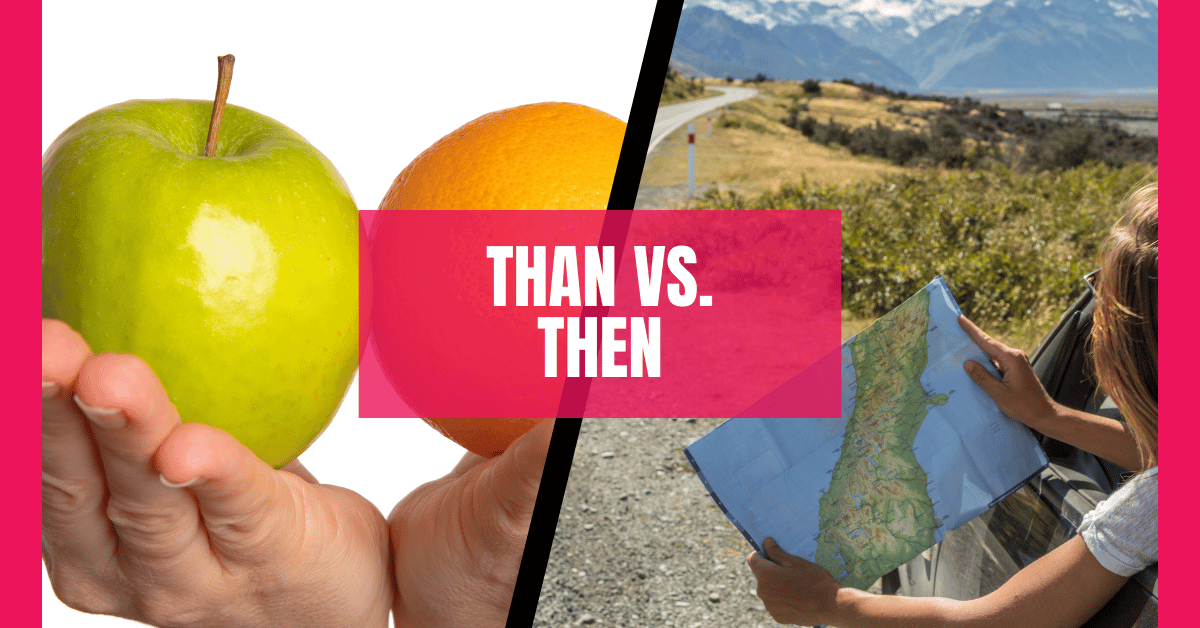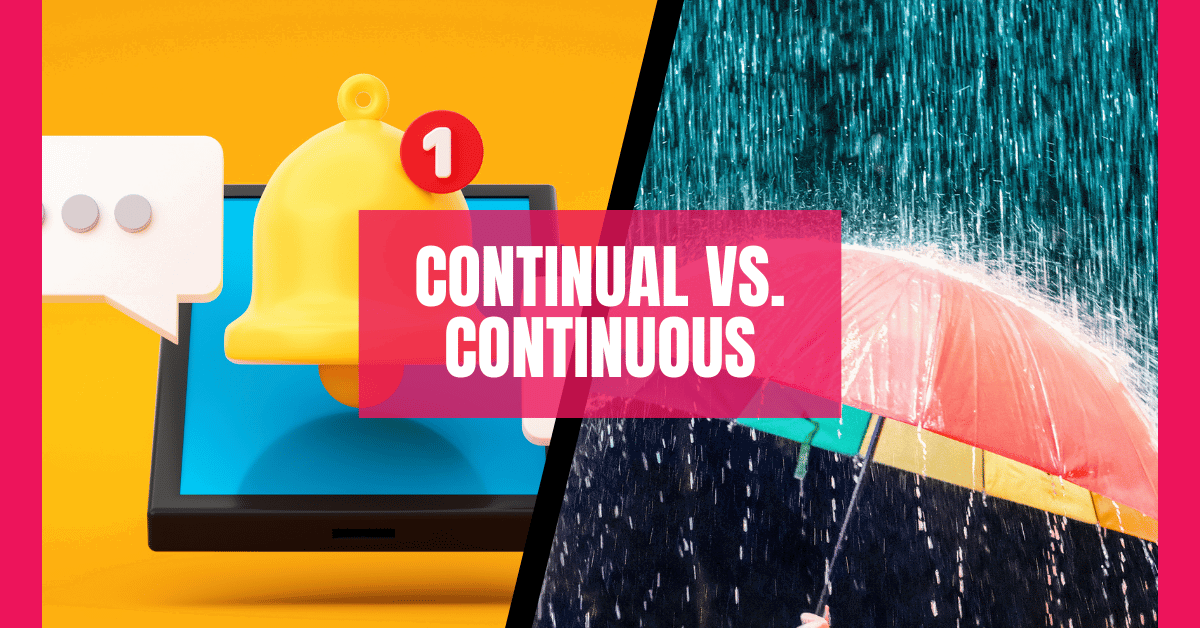Than vs. Then: The Simple Guide to Mastering This Common Grammar Mistake

Than vs. Then: The Simple Guide to Mastering This Common Grammar Mistake
Than vs. Then: A Simple Guide to Getting It Right
The English language can be tricky, especially when two words look similar but have completely different meanings. A common source of confusion for many English learners and even native speakers is the difference between "than" and "then." While they may seem alike, these two words serve distinct purposes in a sentence. Let’s clear up the confusion so you can confidently use them in your writing.
Source: Learn English Coach YouTube Channel
What Is "Than"?
“Than” is a conjunction used for comparisons. Whenever you compare two things, “than” is the word to reach for.
Here’s a quick example:
She is taller than her brother.
In this sentence, “than” links the comparison between her height and her brother’s.
More examples of "than" in use:
Apples are cheaper than oranges.
I’d rather stay home than go out.
He drives faster than I do.
Notice how, in each sentence, “than” connects two things being compared—height, price, preference, or speed. Anytime you’re comparing, it’s “than” you need.
What Is "Then"?
“Then,” on the other hand, is an adverb. It refers to a point in time or indicates what happens next in a sequence of events.
Here’s how you might use “then”:
We went to the park, and then we had lunch.
In this sentence, “then” shows the order of actions. First, the park, and after that, lunch.
More examples:
Finish your homework, then you can watch TV.
I exercised, then took a shower.
She packed her bags, then left for the airport.
Whenever you’re talking about time or what happens next, "then" is the correct word.
How to Remember the Difference
To avoid mixing them up, try these quick memory tricks:
Than = Comparison. Both “than” and “comparison” have the letter “A” in them. Use “than” when comparing.
Then = Time. Both “then” and “time” have the letter “E” in them. Use “then” for anything related to time or sequence.
Common Mistakes and How to Avoid Them
Even when you know the difference, it's easy to slip up—especially when writing quickly. Here are some of the most common mistakes people make with "than" and "then," along with how to correct them.
Incorrect: I’d rather go to the movies then stay home.
Correct: I’d rather go to the movies than stay home.
In this sentence, you compare two options: going to the movies and staying home. Since it’s a comparison, “than” is the correct choice.
Incorrect: She scored higher in math then I did.
Correct: She scored higher in math than I did.
Again, this is a comparison between her math score and yours. Use “than” to show the difference.
Incorrect: We’ll go shopping, and than we’ll grab lunch.
Correct: We’ll go shopping, and then we’ll grab lunch.
Here, “then” is the right word because you’re talking about a sequence of events. First, you’ll shop. After that, you’ll have lunch.
More Examples to Drive It Home
Here are a few more sentences to solidify your understanding of when to use “than” and “then” correctly:
The pizza was hotter than I expected. (Comparison)
First, we cleaned the house; then we relaxed. (Sequence of events)
It’s better to be safe than sorry. (Comparison)
Finish your dinner, then you can have dessert. (Time/Sequence)
She’s smarter than most of her classmates. (Comparison)
We went to the movies, then grabbed ice cream afterward. (Sequence)
Why Does It Matter?
Using "than" and "then" correctly isn’t just about sounding more polished—it can also prevent misunderstandings. Mixing them up can change the meaning of your sentence entirely. For example:
I’d rather have pizza than pasta means you prefer pizza over pasta.
I’d rather have pizza then pasta means you want to eat pizza first, followed by pasta.
See the difference? Misusing these words might confuse your reader or cause them to misunderstand what you’re trying to say.
Final Thoughts
Mastering the difference between “than” and “then” will make your writing clearer, more professional, and easier to understand. While it’s a small distinction, getting it right can have a big impact on how your message comes across.
Whenever you find yourself stuck, just ask: Am I comparing two things, or am I talking about time or sequence? If you’re comparing, use “than.” If it’s about time, go with “then.”
Now that you know the difference, you’ll be using these two words like a pro in no time.
Free Quiz
Take our free quiz to test your knowledge of “Than” vs. “Then.” 👉 Click Here to Test Your Knowledge





